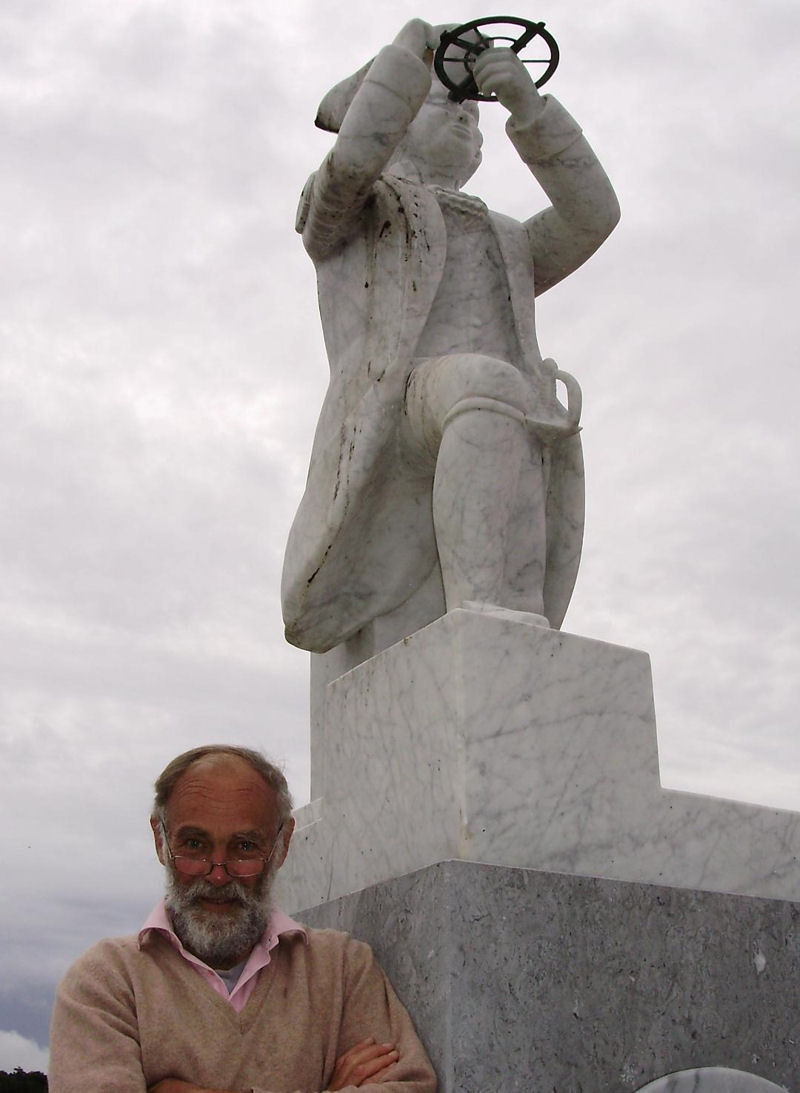2018-3 Ireland's Citizens' Assembly
 Tuesday, January 16, 2018
Tuesday, January 16, 2018 They've done it: the Citizens voted in favour of multi-option voting! Albeit in a majority vote. Ah well, can't be perfect. And albeit with another majority vote - STV or FPTP? - to recommend how should such multi-option ballots be analysed. This second question could have been multi-optional; but no; another dichotomy; this is probably a diehard reaction from the 'experts' to (try to) show that binary ballots are still acceptable.
To what extent the vote on multi-option voting was a result of our persuasion/persistence, we will probably never know. Never mind. It's happened. Here's our submission. See 2017-12, 2017-11 and 2016-14.




